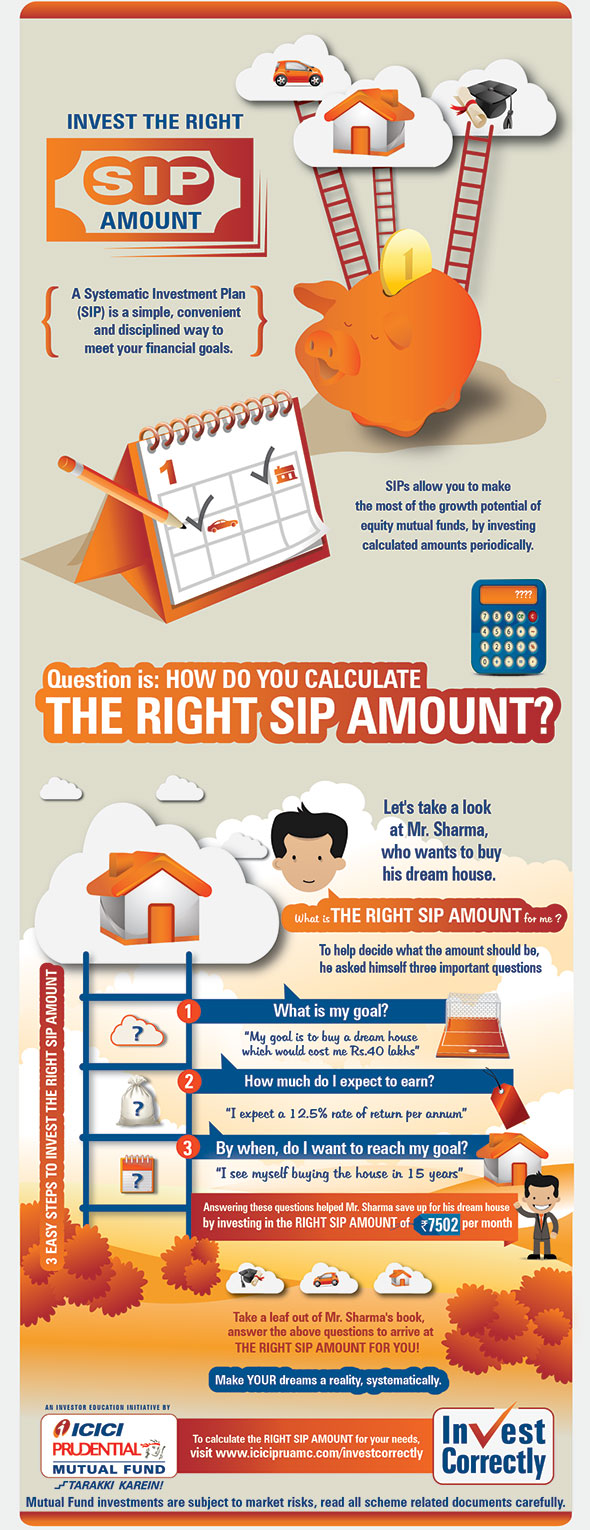Defaulting On An Efficiency Bond Can Have Considerable Monetary Consequences.This Can Lead To A Variety Of Financial Influences, Consisting Of:
Defaulting On An Efficiency Bond Can Have Considerable Monetary Consequences.This Can Lead To A Variety Of Financial Influences, Consisting Of:
Blog Article
Write-Up Composed By-
When a surety problems a performance bond, it ensures that the principal (the party who acquires the bond) will certainly accomplish their responsibilities under the bond's terms. If the major falls short to meet these responsibilities and defaults on the bond, the surety is in charge of covering any losses or damages that result.
1. Loss of online reputation: Defaulting on an efficiency bond can damage the principal's credibility and trustworthiness, making it tougher to protect future organization or financing.
2. Legal and management prices: The guaranty may need to pay legal and management expenses connected with going after the principal for problems or attempting to correct the circumstance.
3. just click the next document : The surety may need to cover the price of finishing the task or providing the solutions that the principal fell short to provide. https://seekingalpha.com/article/4549965-eqt-corporation-eqt-q3-2022-earnings-call-transcript can cause considerable monetary losses for the guaranty.
4. Enhanced costs: If the principal has a background of defaulting on performance bonds, they may be required to pay higher premiums in the future to acquire the required bonding.
Overall, defaulting on a performance bond can have major economic repercussions for both the principal and the surety. It is very important for principals to carefully consider their obligations and guarantee they are able to meet the terms of the bond to avoid these adverse end results.
Back-pedaling an efficiency bond can be an expensive misstep for businesses. When you stop working to meet the bond's responsibilities, the financial repercussions can be considerable. From paying the full bond total up to possible lawful battles and damaged connections, the consequences can reverberate throughout your business operations. Recognizing the complex internet of financial influences that defaulting on a performance bond can have is critical for safeguarding your firm's economic health and wellness and online reputation.
Financial Penalties for Defaulting
If you back-pedal an efficiency bond, you'll likely deal with significant punitive damages. These charges can differ depending on the regards to the bond arrangement but typically include paying the bond quantity completely to the obligee. This indicates that if you fall short to fulfill your legal responsibilities, you have to pay the bond total up to the task owner or the entity that required the bond.
Furthermore, you may likewise be in charge of any type of additional costs incurred by the obligee as a result of your default, such as locating a replacement specialist or covering task hold-ups.
Defaulting on a performance bond can also cause lawful fees and court costs if the obligee chooses to take lawsuit versus you to recuperate the bond amount. These expenses can rapidly accumulate, additional intensifying the financial impact of your default. It's essential to carefully evaluate and recognize the regards to the efficiency bond to stay clear of these serious punitive damages.
Influence On Service Cash Flow
Back-pedaling a performance bond can significantly impact your organization cash flow, affecting monetary security and operational capabilities. When you default on an efficiency bond, you run the risk of losing the bond amount, which can be a substantial sum. This loss directly influences your capital, as you'll require to locate alternative resources of moneying to cover the bond quantity. Furthermore, defaulting can cause increased examination from sureties, making it tougher and extra costly to safeguard bonds in the future. This can even more strain your cash flow as you might need to allocate extra resources to meet bonding needs.
The effect on your capital does not stop there. Back-pedaling an efficiency bond can likewise lead to task hold-ups or terminations, causing a loss of income. Furthermore, the negative online reputation that features defaulting can deter possible customers, better reducing your cash flow. Overall, defaulting on a performance bond can have destructive impacts on your company's economic wellness and ability to operate smoothly.
Lawful Implications and Claims
Dealing with legal implications and prospective suits due to defaulting on an efficiency bond can substantially affect your service's online reputation and monetary standing. When you default on a performance bond, the surety business may take lawsuit to recover the bond quantity paid out. This could result in expensive legal charges, court expenses, and possible settlements or judgments versus your service.
Additionally, defaulting on a performance bond may result in harmed connections with customers, subcontractors, and providers, impacting your ability to secure future contracts. Suits emerging from bond defaults can taint your organization's credibility in the industry, making it challenging to bring in brand-new partners or customers.
Furthermore, if the default leads to a court judgment against your business, it might cause property seizure or liens, better straining your economic security. Therefore, it's crucial to recognize the lawful ramifications of back-pedaling an efficiency bond and take aggressive steps to alleviate the threats involved.
Conclusion
As you deal with the effects of back-pedaling a performance bond, remember this: it resembles walking a tightrope without a safeguard. One wrong step can send you plummeting right into a monetary freefall, without way to stop the autumn.
The punitive damages, capital influence, and legal ramifications are all waiting to catch you if you slip up. So walk thoroughly, and always recognize your commitments to prevent the harsh consequences of default.
